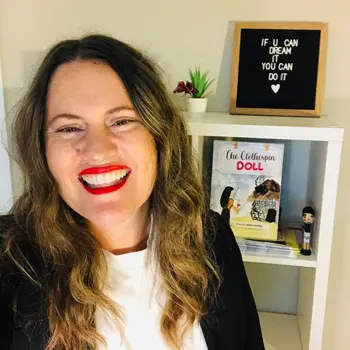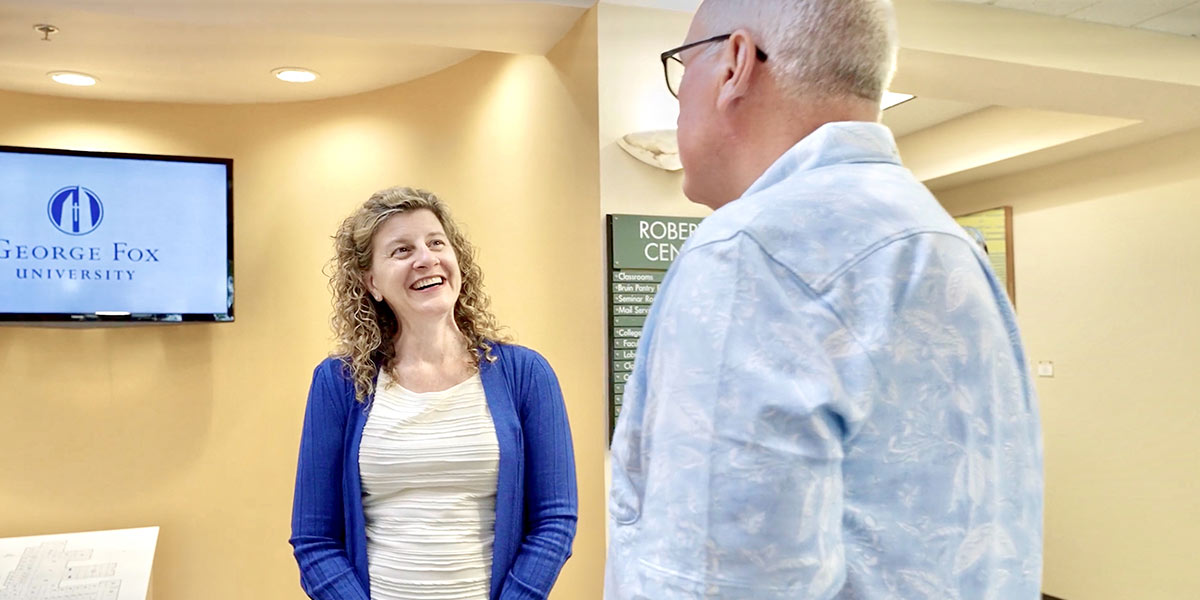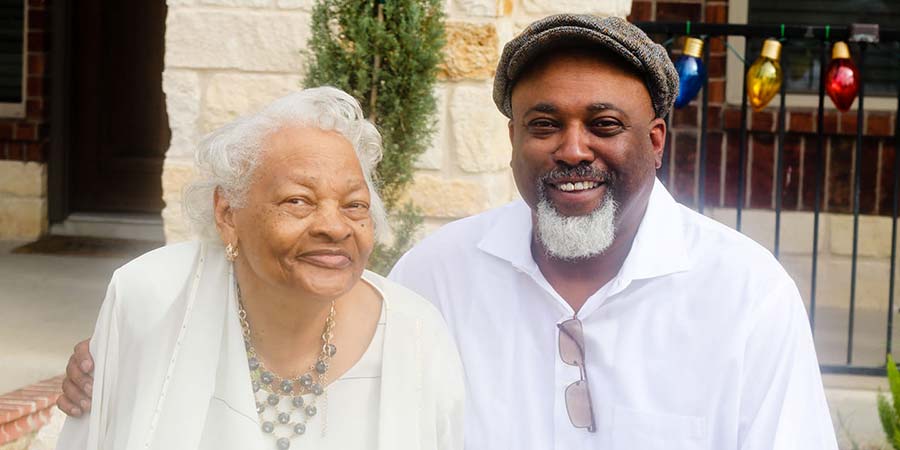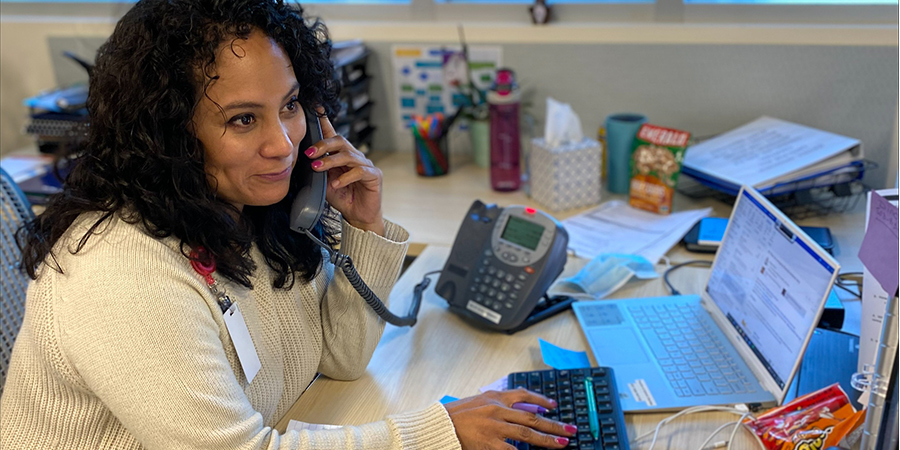
Practicing Presence: Medical Social Work and the Power of Listening
by Jaime Handley
Ask Kim Nguyen about the most powerful medicine available and you won’t get a list of pharmaceuticals. For Nguyen, the strongest prescription isn’t a medication at all; it’s a simple practice: listening.
“Listening is medicine,” says Nguyen, a 2017 graduate of George Fox’s Master of Social Work (MSW) program. “Listening is being there for someone. It’s the medicine that people need.”
As a medical social worker at a dialysis center in Portland, Nguyen faces the dual challenge of recognizing her patients’ systemic complexities – like food scarcity and homelessness – and being present for them in their specific health crisis. So she leans into presence, slowing down and discerning what each patient needs. And what they often need most is someone to listen.
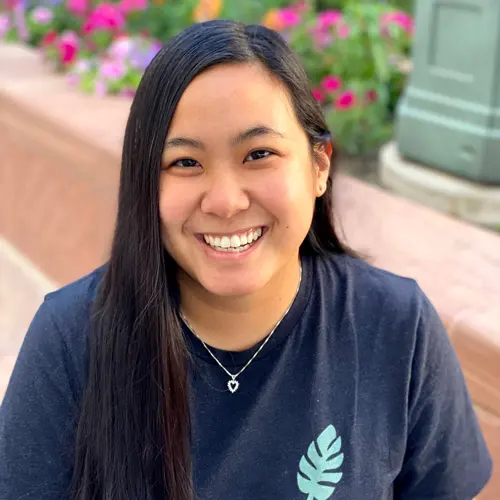
The Ministry of Presence
Nguyen recounts a recent interaction with a patient struggling to attend dialysis treatments. His anxiety was soaring after a medication change, and he was talking about leaving the country to live out his final days. Despair had set in, and he was giving up. By slowing down and listening, Nguyen realized she could do something to help.
She realized that a phone call to her patient’s primary care provider to request a prescription change might be the best path forward. It was a simple task, but the thought of sitting on a phone call and navigating another conversation with a medical provider was too much for her understandably overwhelmed patient.
Two weeks later, her patient was at the dialysis center and feeling energized. But instead of trying to escape the country to live out his life, he was planning a vacation. Nguyen had given her patient a life-changing outcome through the prescription of listening. She had given him hope.
Had she not engaged in the ministry of presence, she might have missed it.
“If I go in with an agenda, I may be too focused with my questions and forget to ask what would make them feel better for their quality of life, which would then benefit their treatment,” Nguyen says.
Though being in a helping profession had long been her goal, medical social work was not always on Nguyen’s radar. During her undergraduate years as a pre-med biology major, she became interested in psychology and eventually discovered social work. But like many of us, when she pictured social work she thought of child protective services or the not-for-profit sector.
However, a medical mission trip at the end of her junior year to Vietnam – her family’s country of origin – set her on a new path, blending her love of medicine and her desire to integrate the core pillars of social work: service, social justice, and honoring the dignity and worth of each individual.
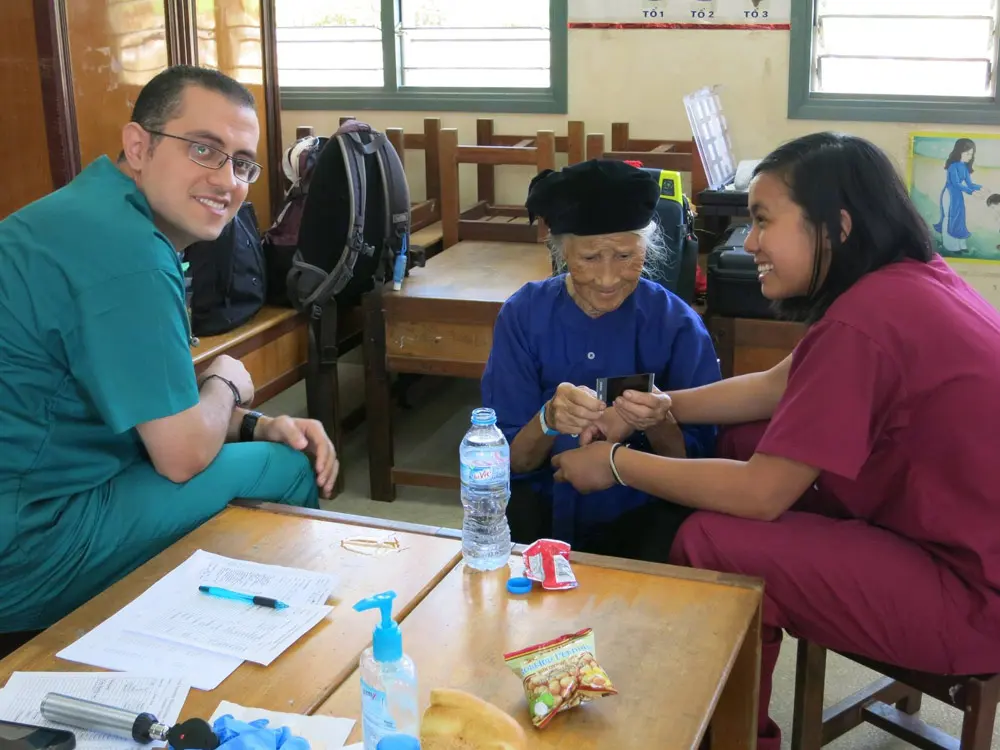
A Life-Changing Mission Trip
“On the third day of the trip, I worked with a nurse, and the approach she took with patients was interesting,” Nguyen says. This nurse encouraged Nguyen to slow down and listen to her patients’ stories, not just their medical histories.
Their first patient that day was an elderly woman who lived alone. “She told me she walked 14 kilometers to get to us by 7 a.m.,” Nguyen recalls.
Nguyen’s patient shared that her extended family had left the rural mountain area to find work in the city where they could make more money, leaving her alone and lonely.
“She's still working in the rice field at 80 and having these terrible arthritis pains,” Nguyen says. “It was so sad to hear. But the time we took to listen meant so much to her. I remember the nurse, myself and this patient – we were just crying, holding each other’s hands and listening to how much pain she was in.”
At that moment, Nguyen realized the power of presence. While the Tylenol they gave their patient would help her physical symptoms, listening was the real medicine they prescribed that day.
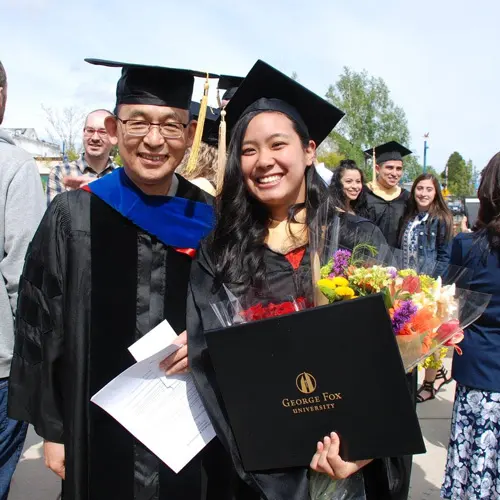
Uniting a Love of Medicine and Social Work
After her experience in Vietnam, Nguyen began Googling social work programs, and her search led her to the MSW program at George Fox. It was the only school to which she applied. She took a risk and went all in, and it paid off: Nguyen was part of the university’s first graduating MSW class.
“It was definitely all in God's plan – how everything just worked out so amazingly to be able to apply to one graduate school,” Nguyen says. “I got in, and it was an amazing time at Fox!”
During her time in the program, Nguyen learned of a pathway to unite her love of medicine and her desire to be present with people: medical social work.
“Somehow God was able to find a way for both worlds to be in on,” Nguyen says. “And I haven't been outside of the medical social work field. I don't want to, not yet anyway.”
While studying at George Fox, Nguyen was encouraged to participate in the community concentration with Toby Lin, one of her professors. It felt like a risk; she had gone into the program with her eye on direct care. Deep listening came into play again. This time, Nguyen listened to herself.
“This is thinking back to something speaking inside me,” Nguyen recalls. “Like, ‘Oh! There's something about community practice!’”
Exploring community practice gave Nguyen a deeper understanding of the barriers to her patients’ overall health.
“When working with any individual, you always want to look holistically,” Nguyen says. “So you look at the systems within their lives – their living situation, economics or how they were raised. Through this process, I started to learn and realize that systems play a really big role in all of our lives – more than we want to admit.”
Nguyen now utilizes this community lens daily in her work. For her, it is imperative.
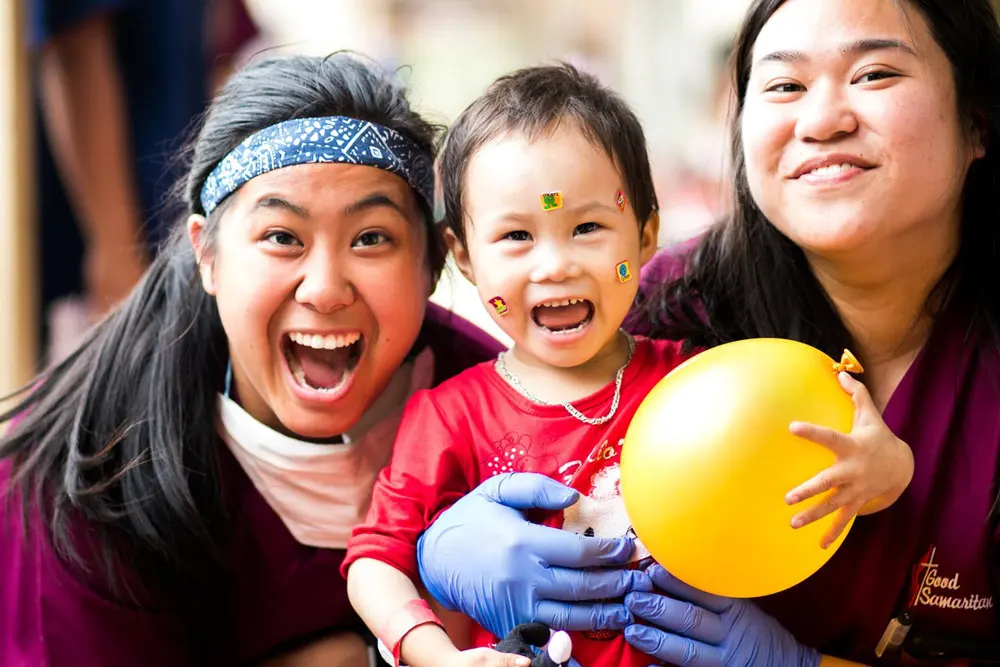
Focusing on Patient Advocacy
So what does the future of medical social work hold for Nguyen now that she’s approaching her eighth year in the field? She’s interested in expanding her patient advocacy through programming and policy.
Drawing on her experience at Fox, Nguyen remembers the impact of a senior project in which her cohort raised over $10,000 in three months to build a well in Rwanda.
“That was community practice,” Nguyen says. “It was about empowering others through creating programs. So I realized I love program development and being able to think about helping people in a bigger way.”
As Nguyen steps into the next phase of her journey as a medical social worker, she hopes to take her listening practice to a new and expanded horizon, recognizing the importance of being engaged in policy at the local, state and federal levels.
“I didn’t realize how important it was to be paying attention to those types of things as a social worker until being in the medical field,” Nguyen says. “I can see and understand now how the simple passing of a certain law can change hundreds – thousands – of lives.”
For Nguyen, medical social work is more than a profession; it’s an extension of a ministry of presence.
“It's about remembering that even though there will be times when you can't fix things, you can be present with your patient, with the individual," she says.
And that, Nguyen has learned, is the most powerful medicine of all!
